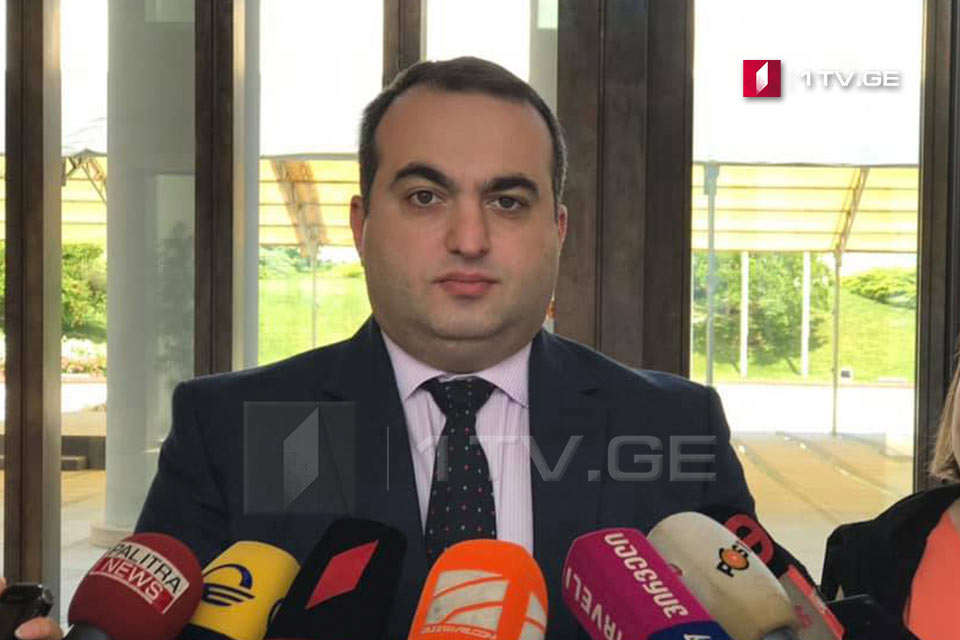The 56th session of the Geneva International Discussions (GID) on the consequences of the 2008 war in Georgia proved challenging, according to Georgian Deputy Foreign Minister Lasha Darsalia.
Lasha Darsalia said Russia’s fulfilment of the 2008 six-point peace deal remains Georgia’s top demand during GID rounds. He stated Georgia pushed for the meeting owing to the region’s complex security climate, particularly throughout the occupied territories. Darsalia noted that the resolution of the conflict is primarily concerned with the repatriation of IDPs, security guarantees, and the deployment of international security mechanisms.
“Georgia has fulfilled its obligations under the six-point agreement. The fact is that Russia does not keep its commitments; this is the scenario we are in today,” he remarked, thanking the foreign partners for mediating the discussions.
Toivo Claar, the EU Special Representative for the South Caucasus and Georgia, stated that the discussions were not held in March or June due to the decision of co-chairs who did not want the negotiations to be “influenced by developments elsewhere.” This time, all parties decided to hold the round, and they feel that the “format should be preserved.”
“I think we had a very useful exchange of views today. Of course, it is the usual context, but it was important to have this exchange and the commitment of all participants to continue working in the Geneva context,” Toivo Claar said.
The US Department of State’s senior advisor for Caucasus negotiations, Philip Reeker, restated the US’s strong support for Georgia’s territorial integrity within its internationally recognized borders.
“Russia needs to implement the 6-point plan from 2008, and, of course, we are very concerned about IDPs and the withdrawal of Russian troops. These will be the issues we will continue to focus on. The Embassy from Tbilisi joins me in the delegation, and I will be going back to Washington to report to the State Secretary,” he said.

